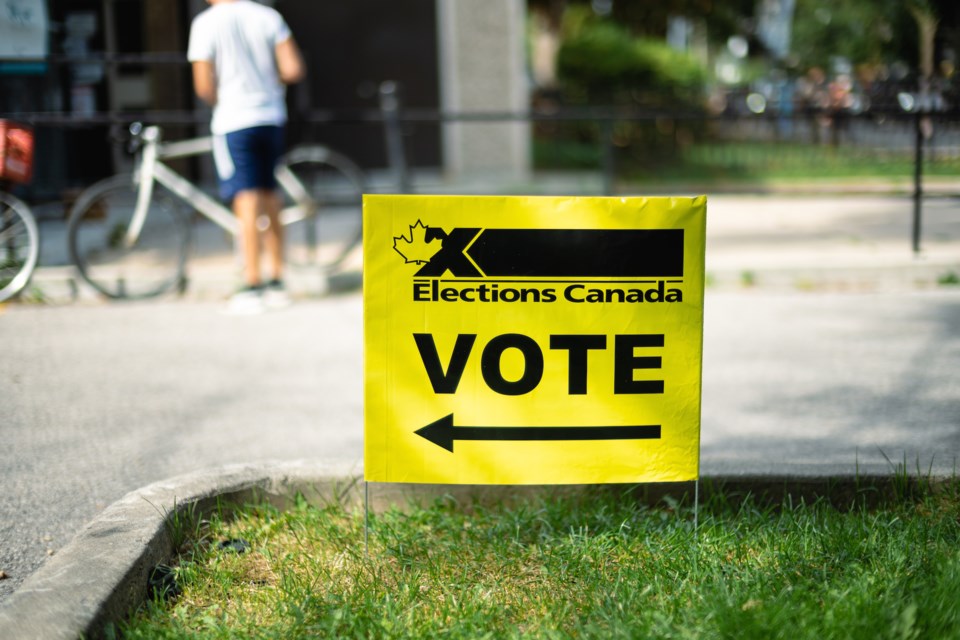So we know who’s running for office, but what are they running for and what are their plans? Though I’m not a candidate in this election, I do have some ideas even though they’re unlikely to be the issues that this election is going to be decided on (but maybe they should be).
Here we go!
Closed Meetings: At the last meeting before the summer break, council emerged from an in-camera session to say that there was a deal to fund loans for homeowners to make green-friendly upgrades. They also said that Our Energy Guelph, an advocacy group partially funded by the city, was closed for business.
The month before that, council emerged from a closed meeting to announce that the downtown District Energy node had been sold. I don’t think I even realized it was up for sale, or that the company that bought it had effectively been running the node for nearly a year.
And then there’s the big one, the “did-we-or-didn’t-we” demolition approval of an old farmhouse on Victoria North. Granted, council approved the release of a redacted version of the closed meeting materials after the fact due to all the bad press, but I think it’s clear that there are far too many fully-formed decisions coming out of in-camera meetings, and no supporting justification or explanation.
Now this isn’t a screed for complete openness, I appreciate that some matters must be discussed in-camera, but the case of 797 Victoria St. N. showed that council can promote more of a culture of openness if they’re pushed to it, so why not push?
Heads-in-Beds Levy: Technically known as Ontario Regulation 121/07, this is meant to account for hospitals, universities, colleges and correctional facilities, which all house people but are exempt from paying property taxes, and it hasn’t been changed in 35 years.
Since 1987, the Heads-in-Beds Levy has been $75, and just by keeping up with the rate of inflation, it would now be $166.65. That’s a lot of money being left on the table, especially for cash-strapped municipalities that have a very limited number of levers to develop funding resources. In fact, the City of Toronto pegged the revenue gap at nearly $21 million for 2021.
Now Guelph is not going to find $21 million in the couch cushions by upping the levy, but it’s worth noting that there’s record enrollment at the University of Guelph this year and we're collecting less than half of what we should be. Now this change will have to come from Queen’s Park, but anyone on council should be making it a priority to help lead the pressure campaign to put it on the legislative map.
Accessibility in Voting: The back and forth about what exactly an open and accessible election looks like became a topic of immense conversation at council last term. After the debate about internet voting prior to the 2018 election, I advocated for some kind of mass community engagement about voting options, especially internet voting, but that never happened.
I sympathize because there was a global pandemic no one asked for since the 2018 vote, but we still passed the buck to another whole election, which did nothing but generate a lot of seemingly last-minute decisions that nobody was satisfied with. So let’s propose this again, for the record, that we really need some kind of voting symposium before 2026.
Let’s lay out on the table the benefits and demerits of all voting options. Let’s call in security and technology experts to offer their analysis. Let’s have open forums where people can delegate, present and discuss. Let’s get answers to questions, and give the clerks time to get those answers, without the hourglass running out for council to make a decision by the deadline.
In other words, let’s make voting a priority. What a concept for a democracy.
Regional Transit: We know what the options are, but there really seems to be no drive (pun intended) to actually act on them. And no, I don’t mean waiting for Metrolinx or some outside force to solve our transit issues.
From the “Link the Watershed” plan developed by local transit workers to the Guelph-Owen Sound Transit (GOST) project, we know that solutions to regional transit gaps can be planned and executed locally, so where are the big ideas from our city hall? Simple, they don’t feel the pressure. Transportation, as a Guelph matter, is a drive or die matter.
If being able to leave town on public transit to go anywhere but Toronto, and any way but the train, is your issue of concern, then you’re going to have to make it a priority. Nobody else will.
Representation: There are a lot of new and different faces running for mayor, council and school board this election, and the question is whether or not that diversity will be reflected in these bodies.
Diversity breeds diversity, and if people see themselves reflected in the council seats around the horseshoe, it will promote more engagement from our racialized and marginalized communities, but you have to use your voice, your vote, and say that a plurality of voices at council matters.
Also, keep in mind that there’s no better ambassador for the issues you care about than you. Whatever your issues are, have a safe, fun, and productive election campaign. And vote!
